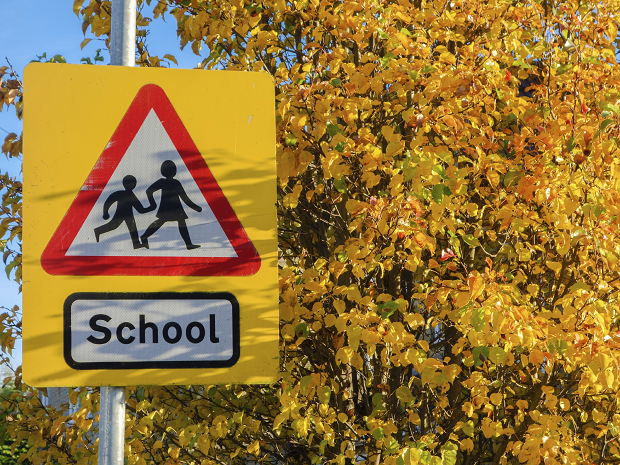
Today’s Education in the Media blog looks at a report on mental health provision and the culmination of the Relationship and Sex Education consultation.
Mental Health
Today, Friday 9 February, the children’s mental health charity Place2Be published research showing that 45 per cent of school leaders say they have struggled to find mental health support for their pupils.
This has been covered by the BBC’s Victoria Derbyshire Programme, BBC Online, The Independent, TES and Schools Week. Coverage includes comments from Paul Whiteman – the head of the NAHT – who has stated that a rounded approach to mental health services is necessary to take some of the emphasis off of schools.
The government is clear that mental health provision needs to be available for young people, and that is why last December it published the children and young people's mental health green paper. The paper outlines proposals to increase mental health support and provide earlier access to services for young people, backed by £300m in funding.
This includes:
- £95 million training package for senior designated mental health leads in schools to improve prevention work;
- Earlier access to services through the creation of new Mental Health Support Teams working in and directly with schools;
- And a new four-week waiting time for NHS children and young people’s mental health services to be piloted.
A Government spokesperson said:
We recognise the value that school-based counselling can provide, and more than four out of five secondary schools offer access to counselling support for their pupils.
To support schools, the Government has pledged £1.7 billion to help promote, protect and improve children and young people’s mental health and wellbeing. Our proposals outlined in the children and young people’s mental health green paper will provide significant additional resources for early mental health intervention for all schools. This includes improving the links between the NHS and schools, speeding up access to more intensive support, as well as boosting capacity to ensure early intervention and help schools to decide what other support to provide.
Relationship and Sex Education
On Monday 12 February, the department’s call to evidence into changes to the Relationship and Sex Education (RSE) curriculum will close.
The call for evidence – which includes a thorough engagement process with experts including teachers, subjects associations, unions, third sector organisations and academics – aims to gather views from people across England, from all backgrounds, on the content of this subject. This will help us establish a modern curriculum to be taught in schools. We are also considering whether to make Personal, Social and Health Education (PSHE) compulsory in all schools.
Recent surveys show that 91 per cent of parents believe all pupils should receive lessons to teach them about the risks of sexting, as well as other issues such as contact from strangers online and 74 per cent of 11 – 15 years old believe that children would be safer if they had age appropriate classes on relationships and sex education.
A Department for Education spokesperson said:
We want to help all schools deliver a high quality education that ensures pupils are equipped for life in modern Britain. That is why last year the government passed legislation to make relationships education compulsory in all primary schools and relationships and sex education compulsory in all secondary schools. We are also considering whether to make PSHE compulsory in all schools.
We are working with experts, teachers and are running a public call for evidence to help us design a high quality Relationship and Sex education curriculum. We are clear that this needs to involve determining what support schools will need to deliver these subjects well. We will publish draft proposals for consultation in due course.
To contribute to the RSE call to evidence, click here.